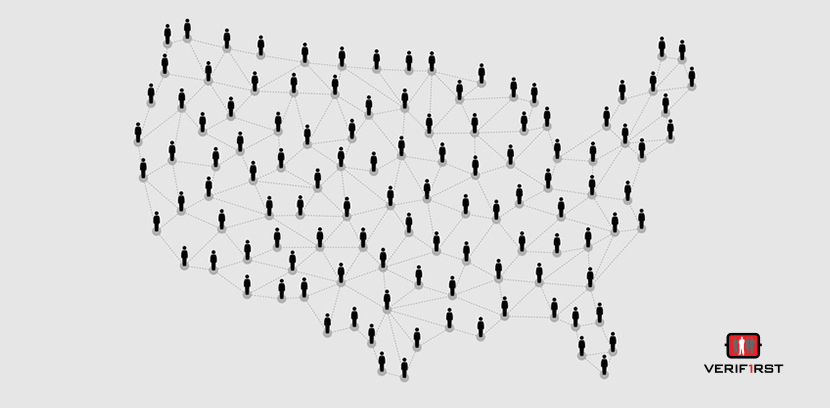How to Protect Employees from Workplace Retaliation

More employees are worried about workplace retaliation due to the COVID-19 and BLM protests across the country. Some are concerned with losing their jobs in their reluctance to return to an unsafe workplace. Others are worried that speaking out about racism could cause discrimination and workplace bullying. Employers are wise to understand how to protect employees and provide resources if workplace retaliation is suspected.
With heightened awareness of discrimination due to COVID-19 or the Black Lives Matter protests, employers need to know how to protect employees from workplace retaliation.
What is Considered Workplace Retaliation?
Workplace retaliation comes in many forms, some more devastating than others, and is a detriment to the victim. Recently, former Pinterest employees went public with claims of workplace retaliation, racism and discrimination. Their claim is that they weren't paid fairly and faced unwelcome racist comments and, when reported, they were treated even worse, with personal information leaked and gaslighting from management.
Other forms of workplace retaliation could be pay cuts, demotions or unwillingness to promote, unexpected negative performance reviews, cutting hours, being moved to less desirable projects or even being fired. Often, employees face workplace retaliation from reporting sexual or other harassment, discrimination or other ways of being treated unfairly in the workplace.
See also: How to Spot and Prevent Workplace Bullies
COVID-19 Workplace Retaliation
Some employees are afraid of retaliation if they refuse to return to work due to concerns about the virus. If several coworkers feel the same or feel the employer isn't providing safety measures, they can approach the employer with their concerns. The employees could also file a complaint with the federal Occupational Health and Safety Administration (OSHA) since employers can't retaliate against employees for reporting to OSHA. If an employee's health condition puts them more at risk when returning to work, they may be protected under the Americans with Disabilities Act (ADA). Otherwise, if the employee is unable to return to work due to childcare challenges (such as an unopen daycare), they may qualify for paid family leave.
Learn more about the federal Families First Coronavirus Response Act: https://www.dol.gov/agencies/whd/pandemic
National Law Review is reporting that more employer lawsuits and claims are cropping up in response to the lack of COVID-19 safety precautions in the workplace, discrimination and workplace retaliation. Some states, such as Colorado, have passed legislation to protect employees from retaliation due to unsafe working conditions related to COVID-19.
Speaking out Against Racism Retaliation
Also notable are the concerns about speaking out against racism or participating in Black Lives Matter protests. One concern is if employees speak out against their own employers or otherwise shed light on racism in the workplace. While many employers may have social media policies that urge employees not to share information that could be harmful to the business, individuals may be protected when speaking out or "whistleblowing" complaints against illegal activity by their employers. Complaining about harassment or discrimination is a "protected activity" according to the EEOC Enforcement Guidance on Retaliation and Related Issues. Some employers must also consider if arrests for protesting can be used against an applicant during a background check.
Employers and employees are advised to consider federal and state laws, as well as the employment contract, to determine if disparaging a business is protected or could land the employee in court for defamation.
Learn more Facts About Retaliation from the EEOC: https://www.eeoc.gov/facts-about-retaliation
How HR Protects Employees
In general, the EEOC and other federal regulations can protect employees from workplace retaliation. Human resources can also establish policies against discrimination and retaliatory actions, including ways to report complaints and how to document any actions that are harmful after the fact. Most of the time, the onus is on employees to establish a link and pattern of retaliation. HR can work with the employee as well as their employment attorney to ensure the case is handled with care.
Share this
You May Also Like
These Related Stories

New State Employment Laws for 2018

How to Avoid Hiring & Employment Discrimination
